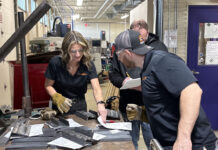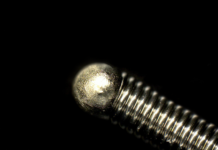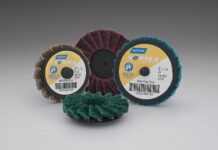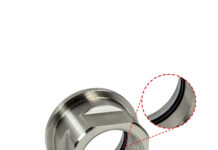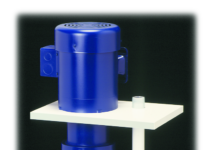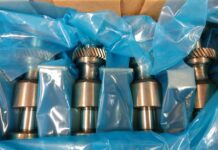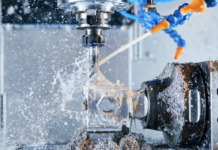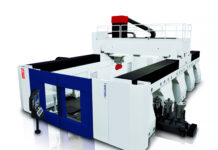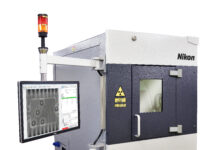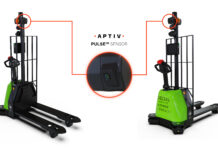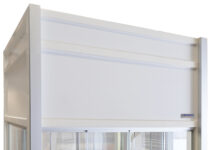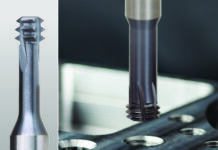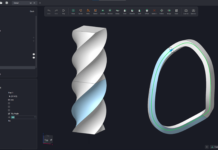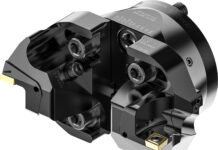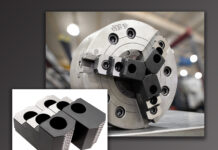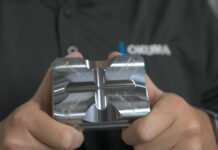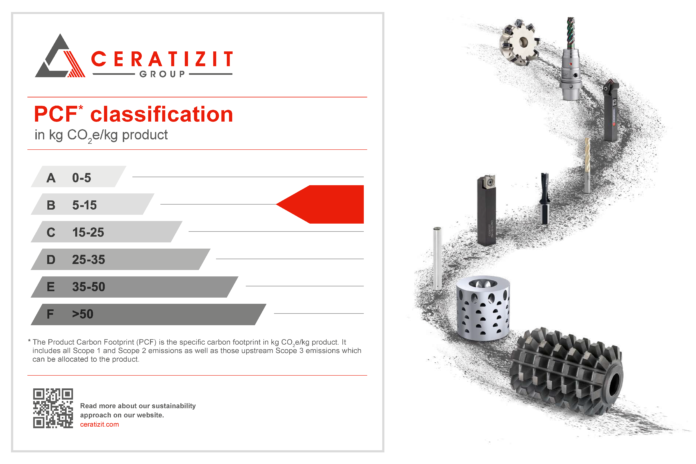“Our goal is to establish a common standard on the market for calculating and classifying the carbon footprint of cutting tools, hard material solutions and tungsten carbide powders. In this way, we will be able to provide customers the carbon footprint transparency they require,” explains Executive Board Spokesman Dr Andreas Lackner. Similar to the scoring systems for electrical devices, motor vehicles and food, customers should be able to know and assess a product’s footprint with a single glance. The alphabetic PCF classification (Product Carbon Footprint) can be added to any product sheet or sales document. Over the coming months, CERATIZIT will roll out the PCF classification across its product portfolio, introduce related products and services and encourage customers, partners and other industrial players to adopt the newly developed standard.
Corporate carbon footprint as a prerequisite
Serving as the basis for the PCF calculation is the respective Corporate Carbon Footprint (CCF), i.e., the CO2 footprint of the entire company. In accordance with the ISO 14067:2018 standard, the PCF includes not only the emissions attributable to Scopes 1 and 2, but also the upstream part of Scope 3 emissions, which can be allocated to specific products (purchased goods and services, upstream transportation and distribution, as well as waste generated from operations). To add extra emphasis on customer needs, CERATIZIT uses the cradle-to-gate approach and excludes downstream emissions.
Thanks to a fully integrated supply chain for raw materials, CERATIZIT is able to determine precise data for the PCF. “Our ambition is to lead the carbide industry into a sustainable future. However, it is up to customers to decide whether to opt for a standard product with detailed PCF transparency or a solution with a particularly low CO2 footprint. With our standard, we offer the basis for making informed decisions with ease,” says Dr Andreas Lackner.
Recycled premium grades for rods and wood working
For customers seeking to actively reduce the PCF in their own product range, the carbide grades of the upGRADE range from CERATIZIT provide effective and innovative solutions available for immediate use. The CT-GS20Y grade for rods for cutting tools and the KLC20+ grade for wood working are both produced from more than 99% strictly selected secondary raw materials and combine premium performance with a particularly low PCF, which is on average around 60% below the PCF of corresponding standard CERATIZIT grades.
CERATIZIT – with passion and a pioneering spirit for hard materials
For over 100 years, CERATIZIT, which is part of the Plansee Group, has been a pioneer in developing exceptional hard material solutions for machining and wear protection. The private company, with registered offices in Mamer, Luxembourg, develops and produces highly specialised cutting tools, indexable inserts, rods made from hard materials and wear parts. CERATIZIT is the global market leader in various application segments and successfully develops new carbide and cermet grades, such as for wood and stone working.
With more than 7,000 employees at more than 30 production facilities and a sales network with over 50 branches, CERATIZIT is a global player in the carbide industry. The company’s international network includes subsidiary Stadler Metalle and joint venture CB-CERATIZIT.
The technology leader is continually investing in research and development and holds more than 1,000 patents. Innovative hard material solutions from CERATIZIT are used in various sectors, including mechanical engineering and toolmaking, in the automotive and aerospace industries and in the oil, gas and medical industries.

